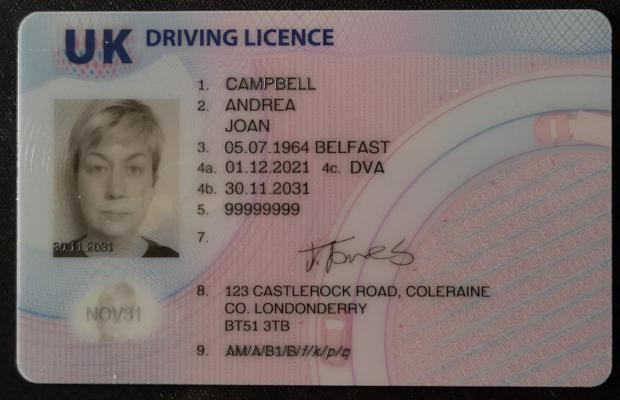Everything You Need to Know About the UK Driving Licence

Introduction
The UK driving licence is an essential document for millions of people across the country, granting individuals the legal right to operate a vehicle on public roads. Understanding the process and requirements for obtaining a driving licence is crucial for new drivers, as well as those looking to renew or upgrade their existing licence. Given the significant role that driving plays in daily life and economic activities, the topic remains highly relevant for the UK population.
Types of Driving Licences in the UK
In the UK, driving licences are classified into several categories, including the standard car licence (Category B) and others that encompass motorcycles (Categories A, A1, A2), lorries (Categories C, C1, C+E) and buses (Categories D, D1, D+E). Each category has specific requirements and conditions, tailored to ensure drivers are qualified to handle the vehicles. Those seeking to apply for a provisional licence must be at least 17 years old and meet specific eligibility criteria.
Application Process
The first step to obtaining a UK driving licence is to apply for a provisional licence, which can be done online via the DVLA (Driver and Vehicle Licensing Agency) website or by post. Applicants need to provide personal details, including their name, address, and National Insurance number, along with a fee. A provisional licence allows new drivers to practice their driving under certain conditions, such as being accompanied by a qualified driver.
Driving Test
Once candidates feel confident in their driving skills, they can book a driving test. The test consists of two parts: the practical driving examination and the theory test, which includes multiple-choice questions and hazard perception assessments. To pass, candidates must demonstrate their ability to drive safely, obey traffic rules, and manage various driving scenarios. As of 2023, it has been noted that there is an increased demand for driving tests due to a backlog caused by the COVID-19 pandemic, leading to longer waiting times for appointments in some areas.
Conclusion
Acquiring a UK driving licence is a significant milestone for many individuals, symbolising independence and freedom. As driving regulations evolve, aspiring drivers and licence holders should stay informed about changes in requirements and procedures. Understanding the importance of responsible driving is also paramount to ensuring road safety for all users. With ongoing reforms in transport regulations, such as the push for greener driving through electric vehicles, the relevance of driving licences will continue to adapt in the UK. Aspiring drivers are encouraged to seek up-to-date information from the DVLA to navigate their way through the application process successfully.







